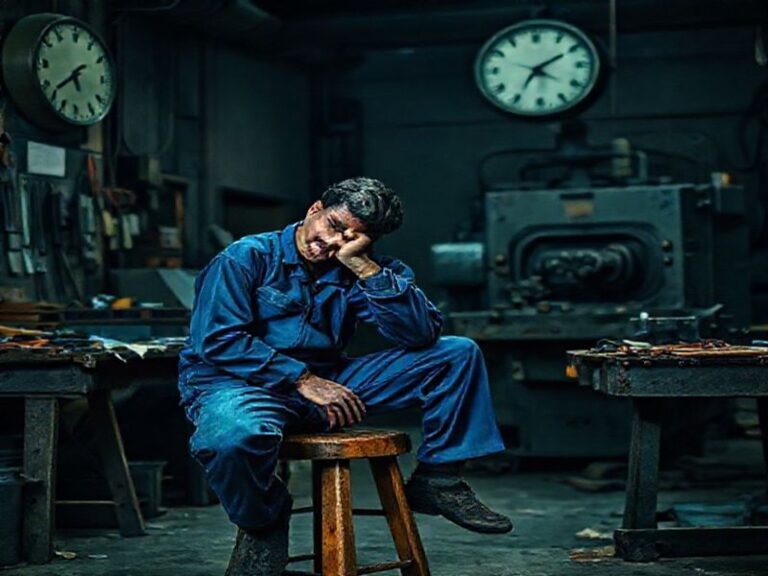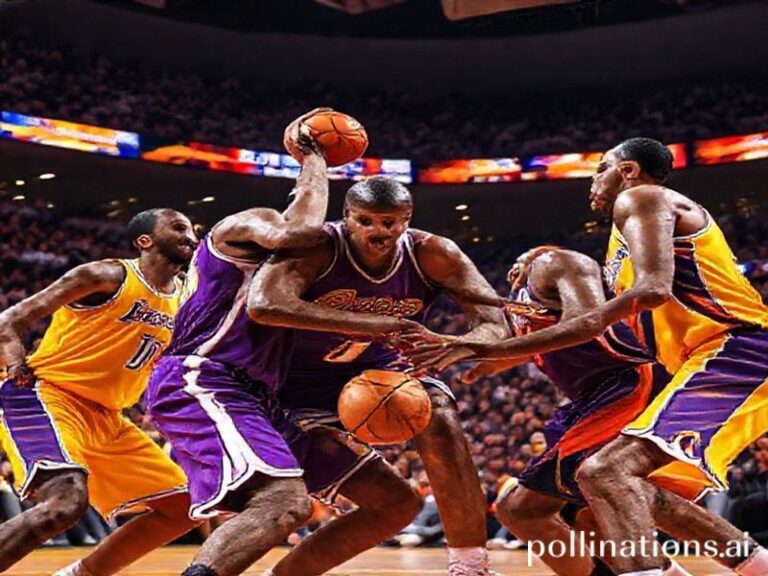Vicky López: How a 17-Year-Old Midfielder Became the World’s Most Downloadable Political Football
MADRID—Somewhere between the 37th retweet and the 400th WhatsApp forward, Vicky López stopped being merely a teenage football prodigy and became a global Rorschach test. Depending on which hemisphere you woke up in, the 17-year-old Barcelona Femeni midfielder is either a) the long-delayed correction to centuries of male sporting primacy, b) Spain’s consolation prize for losing the afternoon-siesta demographic, or c) further evidence that late-stage capitalism has perfected the art of monetizing childhood. The truth, as usual, is all of the above—plus a haircut that could restart the Iberian economy if bottled correctly.
Let’s zoom out before we get parochial. López is already the youngest goal-scorer in Women’s Champions League history, a record that sounds impressive until you remember the competition itself is younger than TikTok. Still, the goal—an impudent back-heel against Benfica—was replayed from Lagos to Lima, soundtracked by whatever local broadcaster could scream loudest in the appropriate language. Overnight, she became an export commodity more reliable than Spanish olive oil, except less likely to be tariffed by Donald Trump’s second coming.
The geopolitical frosting arrived last November when FIFA’s head of global development (a man whose job description is equal parts visionary and visa wrangler) declared López “a blueprint for emerging markets.” Translation: If a 5-foot-4 kid from Aragon can sell jerseys in Jakarta, imagine the soft-power dividends when Jakarta starts repaying the favor with lithium. Meanwhile, the Saudi Pro League—fresh from buying every 34-year-old striker who can still jog—reportedly tabled an offer that would make López the highest-paid female athlete in history. The catch? She would have to wear long sleeves, long pants, and a GPS tracker that pings every time she cracks a smile. Sources close to negotiations say the proposal is currently “under review,” which in football-speak means being laughed at in four languages.
Europe, ever the aging imperial chaperone, responded with its own blend of panic and pageantry. UEFA fast-tracked Barcelona’s group-stage fixtures to prime time, ensuring that school nights in Seville now compete with Netflix’s true-crime buffet. In Brussels, lawmakers dusted off the “Digital Services Act” to ask whether Instagram’s algorithm is grooming minors or merely grooming engagement metrics—an academic distinction that collapses once you realize both pay the same tax rate in Ireland. And in London, the FA’s diversity board issued a 47-page report concluding that the best way to grow women’s football is, wait for it, “more role models like Vicky López.” Revolutionary insight; next they’ll suggest grass for pitches.
The darker punchlines write themselves. South American scouts complain that López’s hype obscures local talents who can’t afford boots without holes, while North American college coaches salivate at the prospect of a NIL deal that would make her dorm room bigger than most Barcelona flats. Nike has already trademarked the phrase “La Vicky Effect,” presumably for a line of cleats that cost more than monthly wages in half the world. The boots will be manufactured in Vietnam, shipped through Suez, marketed in California, and ultimately resold on StockX to teenagers who think “pressing high” is a crypto term.
And yet, amid the circus, there remains the football: that miniature democracy where a ball and two goals briefly flatten hierarchies of passport, gender, and GDP. Watch López glide past two Portuguese defenders as if they’re unpaid interns and you remember why the sport still outranks religion in global polling. She doesn’t run so much as negotiate with gravity, a skill that may prove handy when the bill arrives for all this premature deification.
Conclusion? Vicky López is simultaneously a 17-year-old who still has to do her Spanish homework and a transnational brand asset valued somewhere between Barcelona’s debt and the combined GDP of Micronesia. The world will keep projecting its fantasies onto her—savior, product, cautionary tale—until the next wunderkind breaks the internet. In the meantime, she’ll probably just keep scoring, blissfully unaware that every goal is now a referendum on late capitalism with a side of extra-time irony. Sleep well, kid; your future ghostwriters are already on deadline.







